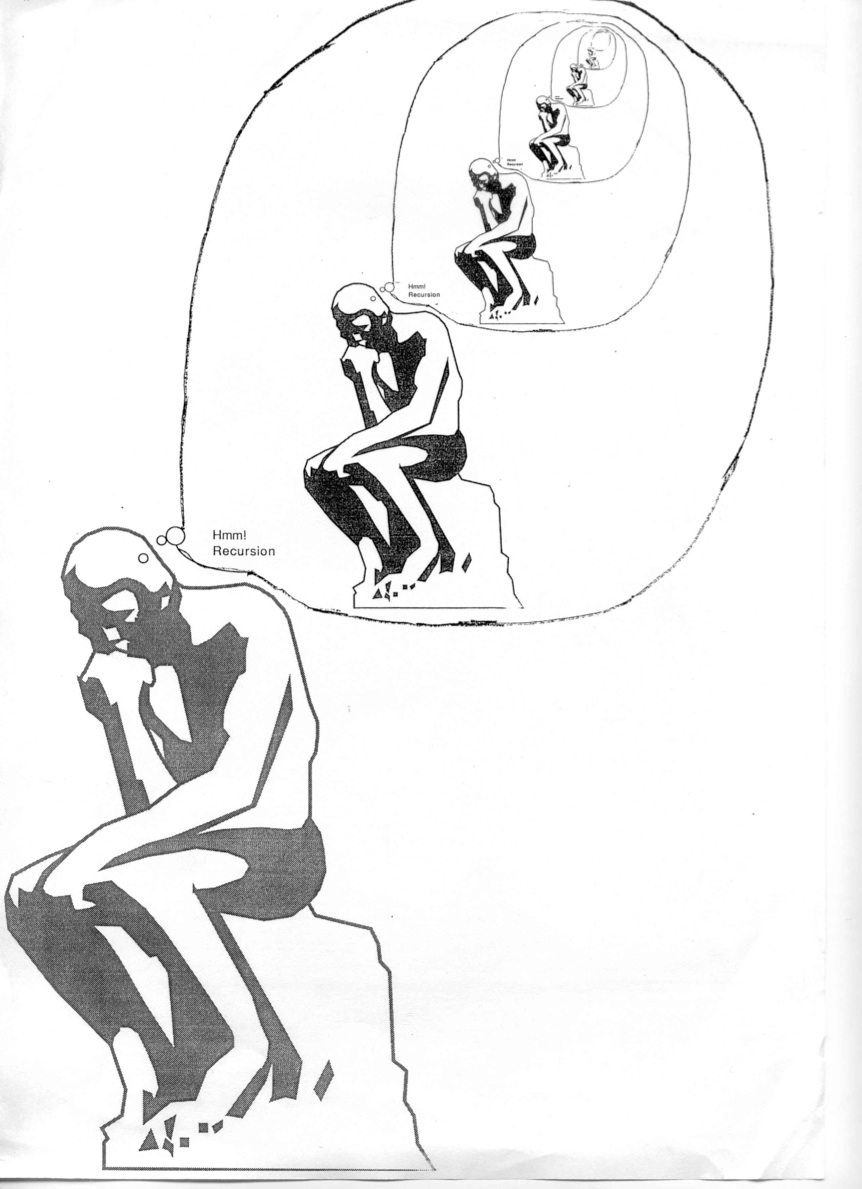Motivation
Planning in a multi-agent setting often requires us to model the nested belief of agents in the environment: e.g., I believe that Bob believes that the door is unlocked. Reasoning with nested belief can be a difficult task. In this work, we leverage a tractable fragment of epistemic reasoning to maintain the consistency of the agents' belief, and realize an automated planning system that deals with nested belief in a multi-agent setting.
The paper and code repository linked above contain the full work for multi-agent epistemic planning. This website can be used to explore one aspect of the work -- how actions are formed for the planning process.
Proper Doxastic Knowledge Bases (PDKBs)
A PDKB (pronounced "peddy-cub") is a set of restricted modal literals (RMLs). An RML is simply a nesting of belief and an atomic proposition. For example, "Joe believes that Sue believes that it is not sunny today" is an RML, while "Mary believes that the ball is either red or blue", is not. The key restriction of an RML is that it cannot represent any disjunctive information. It is this restriction that allows us to plan efficiently.
Planning With PDKBs
The state of the world for the planning problem is the mental state of the agent; represented as a PDKB. The action effects describe how the mental state should change as a result of the action, and we preserve particular properties of the agent's mental state by reformulating the actions prior to planning. It is this reformulation that you can test out on this website. Click the ‘Demo’ or ‘Examples’ above to see how one conditional effect in the original problem can lead to many others in the compiled domain.
The Team
The project is produced mainly by Christian Muise at the University of Melbourne with support from the research project on the Foundations of Human Agent Collaboration. The following people have also contributed to the work:
- Paolo Felli (University of Melbourne)
- Tim Miller (University of Melbourne)
- Adrian Pearce (University of Melbourne)
- Liz Sonenberg (University of Melbourne)
- Vaishak Belle (University of Toronto)
- Sheila McIlraith (University of Toronto)
